The project GSK-CH supported project PUSHTi in Nabha, Punjab takes the initiative to work towards improving status of nutrition and WASH with the specific goal to improve the health and nutrition status of Nabha residents by addressing undernutrition, micronutrient deficiencies, promoting healthy lifestyles and enhancing quality of health and sanitation services among vulnerable population including mothers and children. PUSHTi, which is an integrated approach towards improving nutritional status in first 1000 days and among adolescent girls, is being implemented by JSI Research &Training Foundation under Mission Health of GSK Consumer Health (GSKCH) in 6 villages of Nabha block situated in district Patiala, Punjab.
The projecthas facilitated increased access to nutrition services in alignment with Government of India provisions through various nutrition, health, WASH and rural development programs and the recently launched National Nutrition Mission. Community engagement has been central in problem identification and arriving at context specific actions. The project aims to contribute to the goals of the National Nutrition Mission of the GOI through “right nutrition at right time” approach by targeting the most vulnerable age-groups through age appropriate and context specific, evidence-based nutrition interventions.
The project uses local, state, national policies on Health, Nutrition and WASH to plan effective strategies, creating networks, influence quality services, and/or create opportunities. To ensure widespread adoption of these sectoral efforts, the project complements the government programs instead of creating a parallel structure. The project has built linkages with local government leads, organizations/CBOs, field level workers, PRIs and Key Opinion Leaders (KOLs) to improve outreach and influence positive behaviour. Integrated strategies with these multiple sectors are being implemented in the intervention villages to influence individual choices, social norms and values. Information/knowledge is being delivered by a wide variety of activities by project team and village level stakeholders to improve individual choices and behaviours.
At project commencement, a Needs Assessment was conducted to assess the state of current situation such as knowledge, behaviours, practices, outreach of the services, interests, and possible opportunities. Based on the needs assessment, the project designed locally contextual IEC materials, SBCC messages and approaches. Identified stakeholders were trained and sensitized on the SBCC approaches to ensure community’s participation in awareness generation campaigns and adapting the positive behaviours. The project also promotes convergent action under the leadership of SDM, Nabha and facilitates meetings with various line departments starting with Health, ICDS, Water and Sanitation and Panchayati Raj. The project would establish the pathways of convergent planning and action from sub-divisional level to village level.




